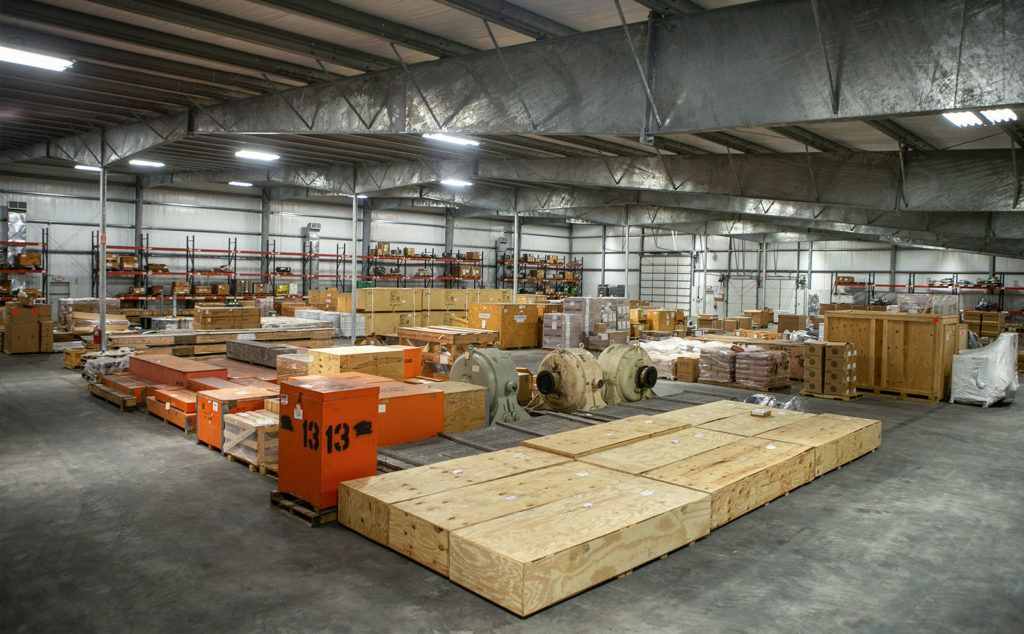Electronics manufacturers face significant challenges in maintaining the quality and functionality of their products due to environmental factors like humidity. Excess moisture can cause corrosion, short circuits, and damage to sensitive components, leading to costly repairs and product failures. Humidity-controlled storage provides a reliable solution, offering optimal conditions to protect valuable electronics during production, storage, and shipping.
Why Humidity Control is Essential for Electronics Manufacturing
Electronics are highly vulnerable to humidity. When exposed to excess moisture, metal components can quickly oxidize, leading to rust, while internal wiring and circuits may short-circuit, compromising the overall performance. Additionally, humidity can degrade plastic, rubber seals, and sensitive electronic boards, shortening the lifespan of products. By maintaining a consistent humidity range of around 30%-50%, humidity-controlled storage ensures the integrity of electronics, preventing corrosion, mold, and other moisture-related issues.
How Humidity-Controlled Storage Works
Humidity-controlled storage systems use advanced technology to maintain moisture levels within a specific range. Dehumidifiers, HVAC systems, and sensors work together to monitor and adjust the environment in real-time, ensuring that electronics are stored in optimal conditions. This continuous regulation reduces the risk of damage and provides electronics manufacturers with a reliable, protective environment for their components and finished products.
The Key Benefits of Humidity-Controlled Storage for Electronics Manufacturers
- Prevents Corrosion and Rust: Moisture is one of the leading causes of corrosion in metal components. By keeping humidity levels in check, electronics manufacturers can avoid the costly repairs associated with rust and oxidation.
- Reduces Short Circuits and Component Failures: Excess humidity can cause short circuits in electronic devices, leading to product failure. Proper humidity control minimizes these risks, ensuring that electrical systems function as intended.
- Preserves Product Quality: Humidity control helps preserve the longevity of plastics, rubber, and sensitive circuits, preventing damage to critical parts and extending the shelf life of products.
- Compliance with Industry Standards: Many industries require manufacturers to store components in specific conditions to meet regulatory standards. Humidity-controlled storage helps businesses comply with these guidelines, ensuring peace of mind and reducing the risk of fines or penalties.
Industries That Benefit from Humidity-Controlled Storage
Electronics manufacturers are not alone in their reliance on humidity-controlled storage. Several industries use it to safeguard valuable materials:
- Semiconductor Manufacturing: Semiconductor components are highly sensitive to humidity, requiring precise environmental conditions to avoid performance issues.
- Medical Device Manufacturing: Electronics used in medical devices must be protected from environmental damage to ensure safety and reliability.
- Consumer Electronics: Finished products, like smartphones and computers, benefit from humidity control to avoid damage during shipping or storage.
How to Ensure the Longevity of Your Electronics
Investing in humidity-controlled storage is a proactive way to protect your valuable electronics. By preventing moisture-related damage, manufacturers can save money, avoid downtime, and ensure product quality. Moreover, proper storage conditions enhance the lifespan of components, ultimately improving the bottom line.
Ready to Protect Your Electronics from Moisture-Related Damage?
If you’re an electronics manufacturer looking to safeguard your products, humidity-controlled storage is the solution you need. Visit Tulco Storage today to explore our state-of-the-art storage options and find the perfect humidity-controlled environment for your needs.



